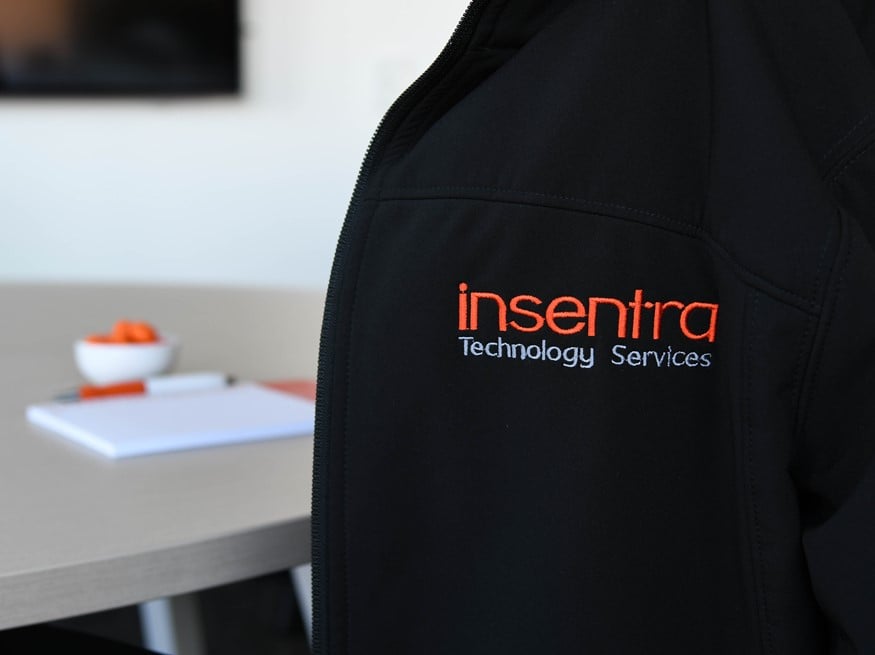Join David Young and Aaron Parker as they discuss Office 365 and the secret behind why people are migrating to it.
READ THE TRANSCRIPT HERE
David Young (D): Hey thanks for joining us today. Aaron it’s been a long time since I saw you. Last time I think I saw you, you were headed back down under on a plane and now you’re back. So good to see you!
Aaron Parker (A): Yeah the jet lag is…slowly getting over the jet lag yeah
D: I have heard that sometimes you can drink, and I’ve got one around here, a Monster to get over that…no
advertisement intended but I like to use those.
D: What’s the biggest reason you see companies go on to office 365.
A: Cost! You know they have on-prem exchange servers that cost in terms of hardware, in terms of maintenance, got to patch those servers, need to make sure they’re up and running. If I have downtime maybe my exchange environment is poorly managed. If I have downtime and impacts the entire business. So, they’re moving to Office 365 to solve that challenge with on-prem exchange servers. It’s also an office application licensing challenge as well. So, I want to get away from having to have continually, every three years, upgrade Office and the contracts that come along to actually have that licensing.
D: I don’t know about the accounting rules on where you’re from but I know enough about it in the United States and I’m an IT guy.
A: Yes, it is confusing.
D: But I know when I used to go talk to my CFO we would say Dave is this capital or this expense and I know with Office 365 the CFO’s love the fact that it is an expense not capital yeah which means they get to write that off immediately as I spend the money versus having to amortize it over a certain amount of time. Are you seeing the same thing on your customer basis?
A: Yeah absolutely! And it’s also moving…you’re moving to a user based consumption model so when we think about on-prem exchange and Office, it’s more of a device based model or you know go out and purchase that every three years and it’s a big expense to amortize over time and an organization that may shrink and grow as well can react a lot more quickly.
D: Cool! And you bring up a very interesting point that I want to make sure I point out. I think this is a maturation of IT. Meaning you know at first like mail is hard to control we need to bring it in-house where we had control over the people that we’re going to work on. I could tell them you’re not going home and you’re not getting paid until it’s fixed and they would magically work on it but now you’re just like my cable. I don’t know when the last time was I called my cable company said my TV wasn’t working, it’s just always on, and from an end user perspective we expect the same thing out of Mail.
A: It’s really neat to see what Microsoft and Google and other providers have done to be able to provide a mail experience 24/7. IT is no longer involved, which means from our company perspective I’m not paying five people to run around and fix exchange servers, manage you know storage equipment etc etc, so I can imagine there’s a huge savings there from a customer perspective also. Yeah things like what IT does to solve those storage problems give everyone a five hundred meg mailbox, one gig mailbox. I’m going to move to office 365, I’ve got a 50 gig, hundred gig mailbox but I can’t get more.
D: Did you know that I actually did the other day for Kevin, our CEO. I got him a bigger mailbox. They upped it to a terabyte. Lucky him, right? All right, well, hey it has been a pleasure. it’s always good talking to you. Have a good day!










